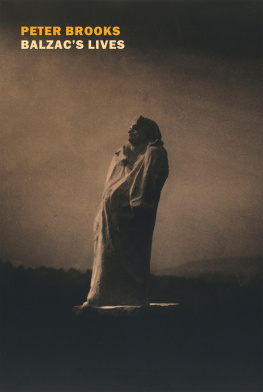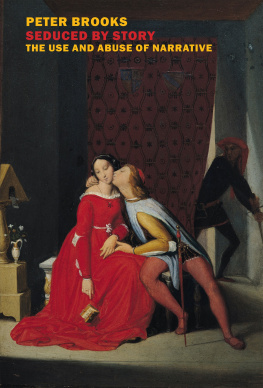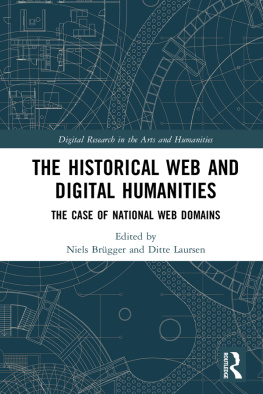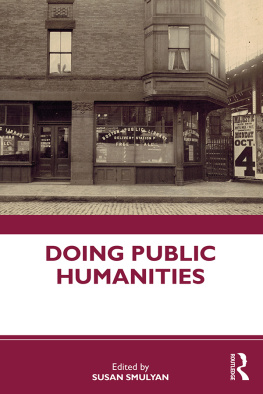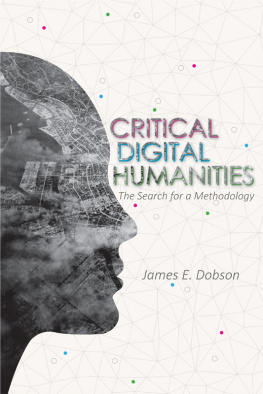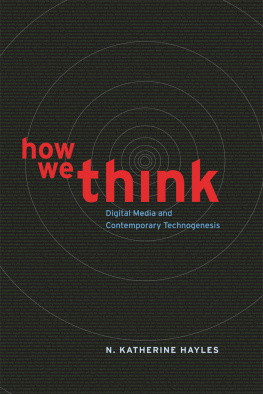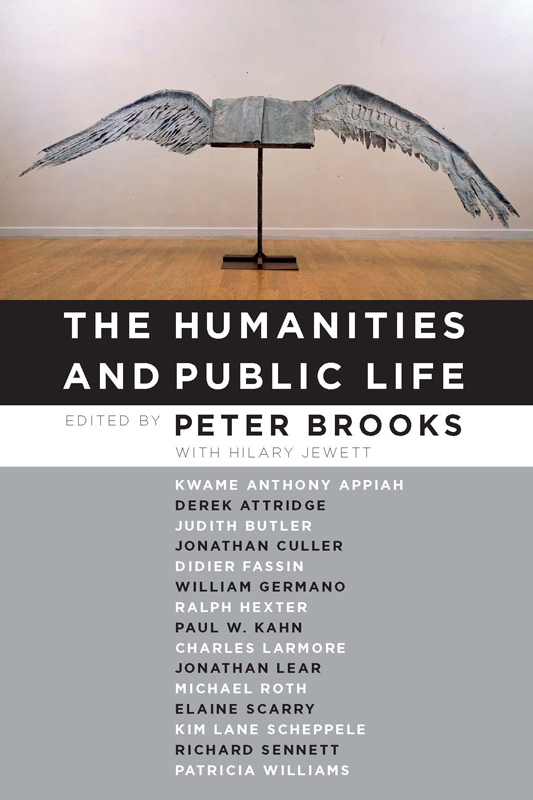T HE H UMANITIES AND P UBLIC L IFE

Copyright 2014 Fordham University Press
All rights reserved. No part of this publication may be reproduced, stored in a retrieval system, or transmitted in any form or by any meanselectronic, mechanical, photocopy, recording, or any otherexcept for brief quotations in printed reviews, without the prior permission of the publisher.
Fordham University Press has no responsibility for the persistence or accuracy of URLs for external or third-party Internet websites referred to in this publication and does not guarantee that any content on such websites is, or will remain, accurate or appropriate.
Fordham University Press also publishes its books in a variety of electronic formats. Some content that appears in print may not be available in electronic books.
Library of Congress Cataloging-in-Publication Data
The humanities and public life / edited by Peter Brooks with Hilary Jewett. First edition.
pages cm
Includes bibliographical references.
ISBN 978-0-8232-5704-1 (cloth : alk. paper) ISBN 978-0-8232-5705-8 (pbk. : alk. paper)
1. HumanitiesMoral and ethical aspects. 2. ReadingMoral and ethical aspects. 3. Human rightsMoral and ethical aspects. I. Brooks, Peter, 1938 editor of compilation. II. Jewett, Hilary, editor of compilation.
AZ103.H846 2014
001.3dc23
2013025465
Printed in the United States of America
16 15 14 5 4 3 2 1
First edition
CONTENTS
PETER BROOKS
JUDITH BUTLER
ELAINE SCARRY
CHARLES LARMORE
PATRICIA J. WILLIAMS
RALPH J. HEXTER (WITH CRAIG BUCKWALD)
JONATHAN LEAR
PAUL W. KAHN
Convening the symposium The Humanities in the Public Sphere and then making from it the present book demanded much effort from several people. Our thanks go first to the participants, who responded to the call to contribute short position papers and pointed responses with fresh and pertinent thinking. Thanks next go to the audience, which engaged speakers and respondents in debate that was usually sharp, helpful, and worth recording. The symposium owed much to the support of Kim Lane Scheppele, Director of the Program in Law and Public Affairs at Princeton, and to Leslie Gerwin, Judi Rivkin, and Jennifer Bolton. It was also supported by Charles Beitz, Director of the University Center for Human Values, with help from Erum Syed, Susan Winters, and Kimberly Girman, and backed by Leonard Barkan, Chair of Comparative Literature, and Cheryl Cantore, manager of that department. Many last-minute arrangements were graciously handled by Dora Zhang.
We are grateful also to Helen Tartar, editorial director of Fordham University Press, for her quick and enthusiastic endorsement of our book, and unflagging encouragement in seeing it through to publication. We are also grateful to assistant editor Thomas Lay.
Reaching further back, neither symposium nor book would have been possible without the very generous award from the Andrew W. Mellon Foundation that, in 2008, gave birth to the series of seminars known as The Ethics of Reading and the Cultures of Professionalism, which from the start envisioned this symposium as their point of arrival (though they in fact continue to this day). Special thanks are due to Harriet Zuckerman and Joseph Meisel, the pillars of the humanities at the foundation.
While the conception of seminars, symposium, and book was the work of Peter Brooks, Hilary Jewett was coordinator throughout and performed the editorial work on this volume.
Peter Brooks
Over the past few years, I have taught a seminar for students and faculty under the title The Ethics of Reading and the Cultures of Professionalism. The seminar asked these questions: What leverage does reading of the attentive sort practiced in the humanities give one on life? Does such reading represent or produce an ethics? Should such an ethics of reading inhabit professional training and the public sphere as well? These questions were posed for me with brutal force after reading the Torture Memos released by the U.S. Department of Justice, in the years following their composition in 2002. These documents presented arguments that justified the use of torture by the most twisted, ingenious, perverse, and unethical interpretation of legal texts. Many others have taken apart these memoranda from the Office of Legal Counselsupposed to provide the highest standard of legal analysisso I will not detail here how they interpret the meaning and usage of words and phrases in ways that are arbitrary and authoritarian rather than probative. No one trained in the rigorous analysis of poetry, I said to myself, could possibly engage in such bad-faith interpretation without professional conscience intervening to say: this is not right. That was the position that I tried to stake out in the seminar, all the while knowing that it could not be taken as an article of faith, that it needed exploration and analysis if not proof. That seminar (to which I brought a number of distinguished visitors) led to and called for the The Humanities in the Public Sphere symposium, which furnished the material for this book.
The issue of the Torture Memos and my classroom experience in interpreting legal texts led me to the claim that the humanities can, and at their best do, represent a commitment to ethical reading. This commitment, and the training and discipline of close reading that underlies it, represents something that we as teachers of the humanities need to bring to other fields, especially those that undertake the training of professional readers such as lawyers, whose work includes interpretation.
Teaching the humanities appears to many to be a disempowered profession with reduced status within American culture. The widespread perception of a crisis of the humanities is the most acute manifestation of a crisis of American higher education in general. So we have been told by countless books that have been rolling out since the 1980s, from Profscam and Tenured Radicals to Academically Adrift and Higher Education? The very value of a university education, for so many decades a central article of American faith, now has been put into doubt. The whole enterprise, we are told, may be a waste of time, money, and national commitment. There is even a philanthropic organizationthe Thiel Foundationthat offers prizes of $100,000 to induce smart kids to drop out of college and become entrepreneurs on their own, on the theory that college impedes rather than enhances the development of creative ideas. In this crisis, the humanities are made to appear a kind of zombie wandering in a world that should be producing technocrats and entrepreneurs.
But the crisis may truly lie elsewhere, in the marginalization of humanistic thought and analysis. The ability to read critically the messages that society, politics, and culture bombard us with is, more than ever, needed training in a society in which the manipulation of minds and hearts is increasingly what running the world is all about. We who practice the interpretive humanities need to be less modest, and to stake a claim to the public importance of our task. Shelley was not entirely wrong to insist that poets are the unacknowledged legislators of mankind: Cultural change carries everything in its wake. The close reading practiced in the humanities ought to be an export commodity to other fields, and it should take its place in public life.
My own field is literary study, and what I have said so far sounds as if I were interested only in literary analysis and interpretation. In fact, I would argue that the close, intense, disciplined reading crucial to literary study underlies the humanities as a whole: The interpretive turn of philosophy in our time has had its cognates across the range of humanistic disciplines. Very often, humanistic interpretation starts from a specific act of readingof a document difficult to decipher, a word needing to be glossed, a fragment of an artifact needing reconstruction, a visual detail suggestive of iconographic meaning, an idea begging for contextand moves from there to larger interpretive structures and theories. Insofar as the humanities are an interpretive enterpriseas they mostly are, when not engaged in simpler forms of data gatheringthey cannot do without reading of a careful, analytic, self-conscious kind.


